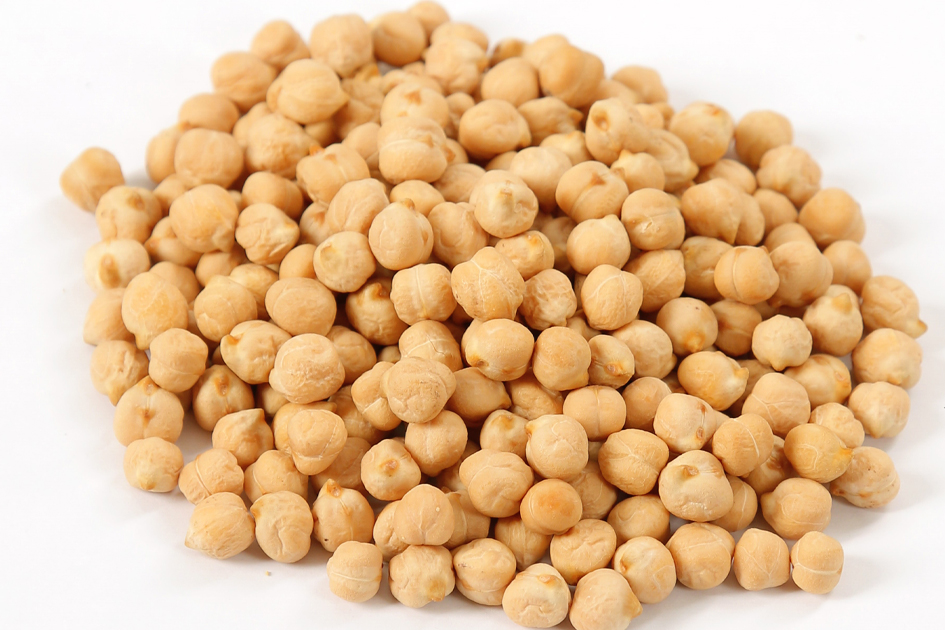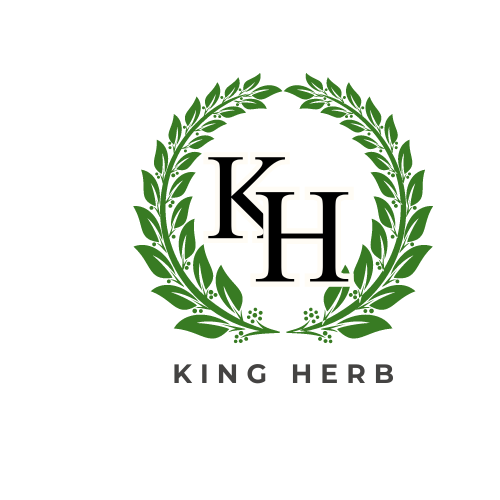الحمص Hummus
Chickpeas are seeds of the chickpea plant, which belongs to the legume family. They are typically round and firm, with a light beige or yellow color. Chickpeas are grown in various regions around the world, with the Mediterranean region being the main area of cultivation, although they are also grown in parts of India and the Middle East. They are one of the oldest plants used by humans as food.
Nutritional Value of Chickpeas
Chickpeas are packed with essential nutrients that make them a highly nutritious and healthy food. Some of the main nutritional components of chickpeas include:
Protein: Chickpeas are an excellent source of plant-based protein, making them a great option for vegetarians and those following plant-based diets.
Fiber: Chickpeas contain a high amount of fiber that helps improve digestion and regulate bowel movements.
Vitamins and Minerals: Chickpeas are rich in vitamins such as B6 and folate, as well as minerals like iron, magnesium, and phosphorus.
Healthy Fats: Chickpeas contain moderate amounts of healthy fats, such as unsaturated fatty acids, which contribute to heart health.
Complex Carbohydrates: Chickpeas provide complex carbohydrates, which are digested slowly and help maintain steady energy levels.
Benefits:
Promoting Heart Health:
Chickpeas contain fiber and healthy fats that help reduce bad cholesterol levels in the blood, thereby lowering the risk of heart disease and cardiovascular issues.
Supporting Digestive Health:
The fiber in chickpeas promotes healthy digestion and helps alleviate problems like constipation. It also regulates bowel movements and enhances overall digestive health.
Weight Management:
Due to their high protein and fiber content, chickpeas help increase satiety and keep you feeling full for longer, which can help control overeating and contribute to weight management.
Blood Sugar Control:
Chickpeas contain complex carbohydrates, which are digested slowly, preventing rapid spikes in blood sugar levels. This makes chickpeas a good choice for people with diabetes.
Boosting the Immune System:
Chickpeas are rich in vitamins and minerals such as iron and zinc, which help strengthen the immune system and fight off infections.
Supporting Bone Health:
Chickpeas contain important minerals like magnesium and phosphorus, which contribute to strengthening bones and maintaining bone healt
Uses:
Chickpeas are a versatile ingredient in many dishes around the world, whether boiled, cooked, or mashed. They can be used in soups, salads, and stews. One of the most famous dishes featuring chickpeas is “Hummus,” a popular dish in Arab cuisine made from mashed chickpeas with tahini. Chickpeas are also used in preparing “chickpea stew,” which is served as a side dish or snack in many cuisines.
In Indian cuisine, chickpeas are used to make dishes like “Chana Masala” or “Chickpeas with Rice,” while in Western cuisine, chickpeas are often used in appetizers like “chickpeas with bread.”
Chickpeas in Different Cultures
Chickpeas are a part of the culinary heritage of many cultures around the world. In the Middle East, chickpeas are a popular food and are consumed frequently in everyday meals, particularly in Palestinian and broader Arab cuisine. In India, chickpeas have been a staple ingredient in vegetarian diets for centuries.
Export Details for Worldwide Distribution:
Type: Chickpea beans
Weight: 20 or 25 kilograms.
Packaging: Automated, packed in bags.
Container: 20-foot container.
Origin: Egypt.

